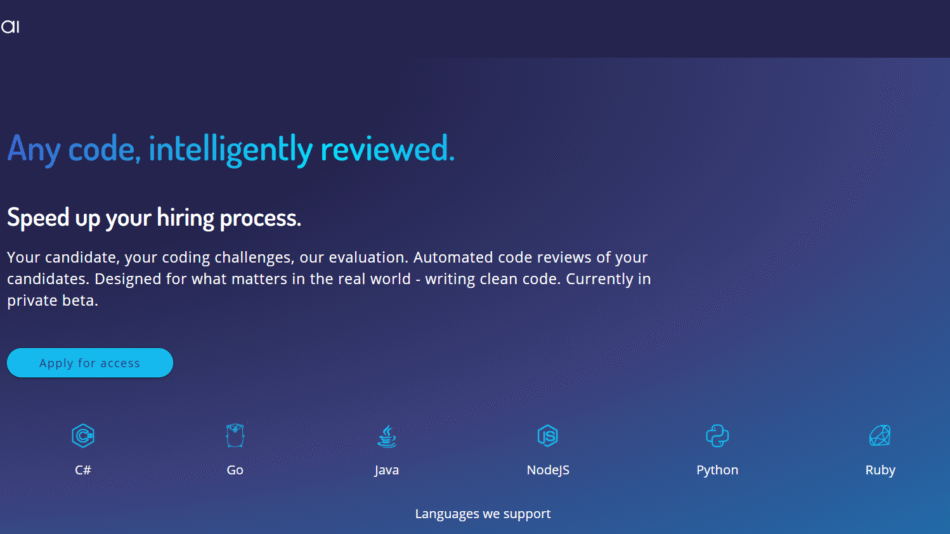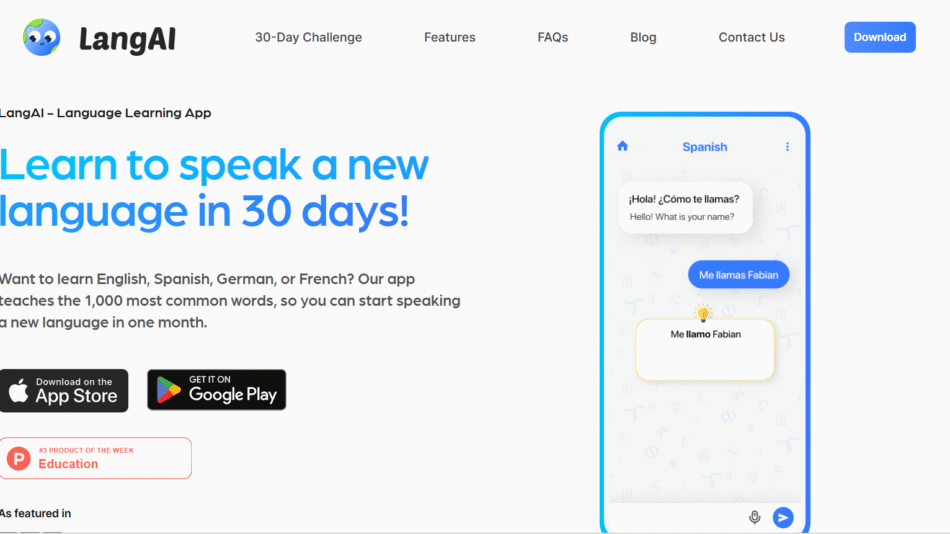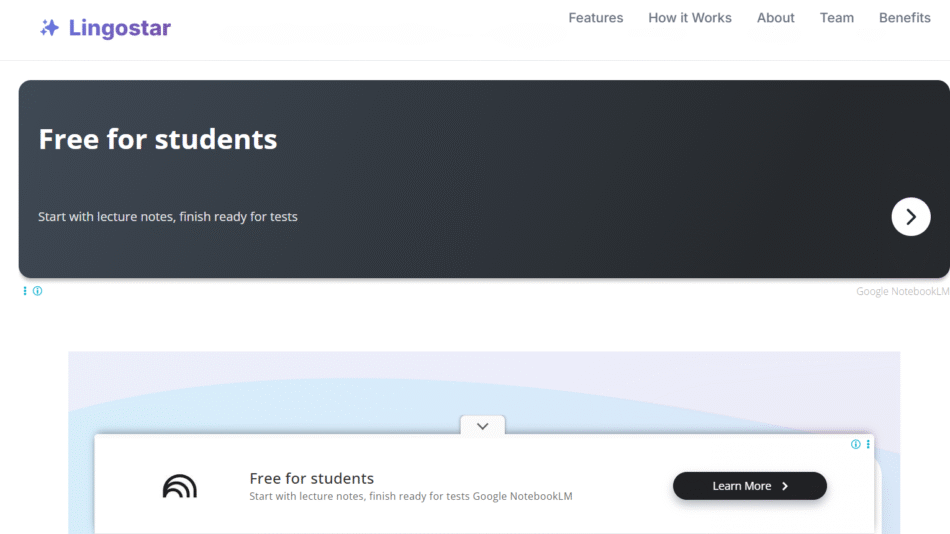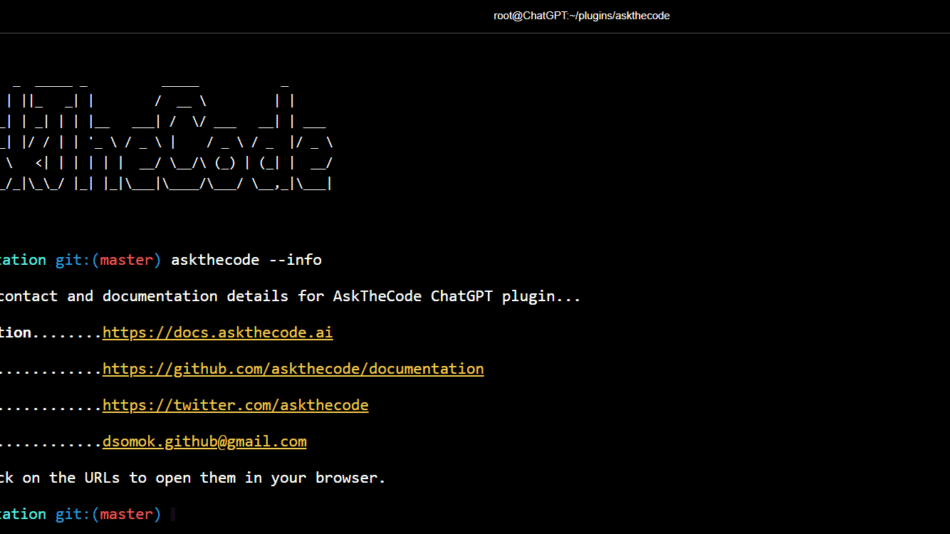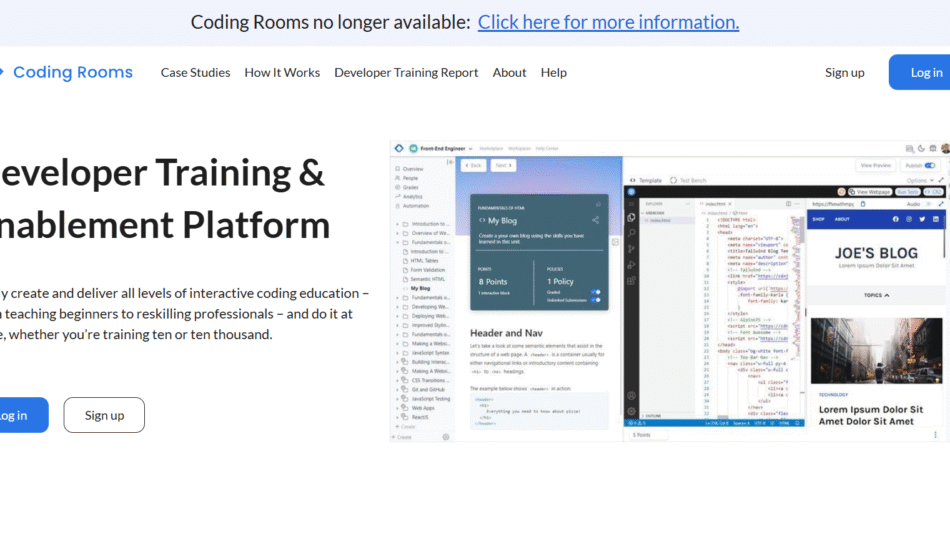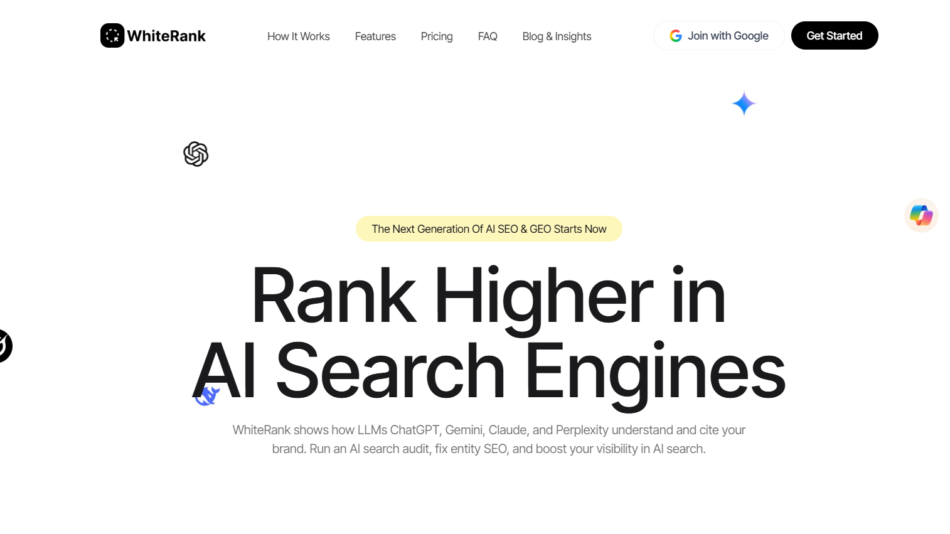Profluent is an innovative biotechnology company pioneering the use of generative AI to design new, functional proteins for use in gene editing and therapeutics. Based in Berkeley, California, the company was founded by a team of experts in machine learning and synthetic biology. Their mission is to create entirely new biological functions by designing proteins that are not limited by natural evolution.
Unlike traditional protein engineering, which often relies on modifying existing proteins, Profluent’s platform uses large-scale language models trained on billions of protein sequences to generate novel proteins from scratch. These models help design proteins that are purpose-built for specific biological functions, such as gene editing, with higher precision and effectiveness.
In April 2024, Profluent released the world’s first AI-generated CRISPR system to the public through an open-source initiative. This milestone underscores its commitment to accelerating scientific discovery and making gene editing more accessible and safer for all.
Features
Profluent offers a unique platform that merges artificial intelligence with biological design. One of its standout features is its use of generative models that understand and recreate the rules of protein formation and functionality.
The platform is capable of producing completely new protein sequences designed to perform a desired task. This includes creating gene editing systems like CRISPR enzymes, as well as therapeutic proteins and enzymes for diagnostics or manufacturing.
Their OpenCRISPR™ system is a key feature, showcasing a fully AI-generated genome editing tool released for public use. It offers scientists a customizable and efficient alternative to naturally derived CRISPR systems.
The AI design engine focuses not just on structure but on biological function, ensuring that the generated proteins can be applied directly to real-world tasks. The design process is supported by large-scale data analysis, high-performance computing, and wet-lab validation.
How It Works
Profluent’s technology is rooted in machine learning, specifically in large language models similar to those used in natural language processing. Instead of text, these models are trained on vast databases of protein sequences and their known functions.
The process begins by training AI models to understand the structure, patterns, and functional components of proteins. Once trained, these models are capable of generating entirely new protein sequences that are predicted to fold correctly and perform specific functions.
Scientists can input a desired function or biological goal into the system. The AI then generates one or more potential protein sequences that meet those functional requirements. These sequences are tested computationally to predict folding stability, binding properties, and compatibility with biological systems.
Promising sequences are synthesized and tested in laboratory settings. The results from lab experiments feed back into the AI model, helping improve its accuracy and design capabilities over time.
The outcome is a system that can not only design functional proteins faster than traditional methods but also explore protein solutions that nature has never evolved.
Use Cases
Profluent’s technology has broad applications across healthcare, research, and biotechnology. One of its most promising use cases is in gene editing. By generating novel CRISPR proteins, Profluent provides researchers with tools that are more precise and less prone to off-target effects than natural CRISPR systems.
In the pharmaceutical industry, AI-designed proteins can be tailored to bind to specific disease markers, acting as targeted therapies. This has implications for the development of biologic drugs, including enzymes, antibodies, and other therapeutic proteins.
For diagnostics, Profluent’s platform can create proteins that bind with high specificity to biomarkers, enabling earlier and more accurate disease detection.
The technology is also useful in synthetic biology and industrial biotechnology, where customized enzymes can be developed for use in fermentation, manufacturing, and chemical synthesis.
Through its open-source release of OpenCRISPR™, Profluent also supports academic research by providing powerful tools to scientists without commercial restrictions.
Pricing
Profluent does not currently offer standard pricing or off-the-shelf products. Instead, its business model is centered around partnerships, licensing agreements, and collaborations with research institutions, biotech companies, and pharmaceutical organizations.
For commercial or academic use of its AI-designed proteins, including the OpenCRISPR™ platform, interested parties must contact Profluent directly to discuss custom project terms or collaborative research opportunities.
The OpenCRISPR™ system is available to the public and research community through an open-source license, making it free to use for scientific exploration and non-commercial purposes.
Strengths
Profluent’s greatest strength lies in its ability to design functional proteins from scratch using artificial intelligence. This approach goes beyond traditional protein engineering by creating solutions unconstrained by evolutionary biology.
Its open-source release of a functional CRISPR system demonstrates both technological capability and a commitment to scientific openness. This initiative encourages broader adoption, peer review, and collaborative improvement across the scientific community.
By focusing on function-first design, Profluent ensures that its proteins are not only structurally sound but also biologically useful. This results in faster development of tools for gene editing, diagnostics, and therapeutics.
The company also benefits from a world-class team with expertise in both machine learning and molecular biology, enabling it to advance research at the intersection of these two complex fields.
Drawbacks
As of now, Profluent’s platform is not commercially available as a plug-and-play software product or toolkit. Access to its design capabilities typically requires collaboration or licensing, which may limit availability to smaller labs or startups.
There is also limited publicly available performance data from third-party users since most of the company’s output is still in research or development phases. This makes it difficult to benchmark against other commercially mature platforms.
Because the technology is at the frontier of synthetic biology and AI, users may need significant domain expertise in molecular biology, bioinformatics, or machine learning to fully engage with the system.
Comparison with Other Tools
Profluent stands apart from traditional protein modeling tools like AlphaFold or ESMFold, which focus on predicting the structure of existing proteins. In contrast, Profluent’s platform creates entirely new proteins aimed at specific functions.
Whereas companies like DeepMind and Meta have released powerful predictive tools, Profluent is one of the first to use language models specifically for generative protein design, with a direct application in gene editing.
It also distinguishes itself through its open-science initiatives. By releasing OpenCRISPR™, Profluent provides real-world functional proteins for public use, rather than limiting its impact to prediction or simulation.
Customer Reviews and Testimonials
Profluent is still in its early commercial phase and does not yet have aggregated customer reviews on platforms like G2, Capterra, or Trustpilot. However, the company has received significant recognition in both scientific and business media.
Its AI-generated CRISPR system has been featured in publications like Nature Biotechnology and MIT Technology Review, where it was praised as a groundbreaking innovation in synthetic biology.
The founding team includes former researchers from institutions like UC Berkeley, Stanford, and Google Brain, and their work is frequently cited in both AI and biology research communities.
These endorsements from the scientific community reflect growing confidence in Profluent’s technology and its potential to become a leader in AI-powered bioengineering.
Conclusion
Profluent is redefining the possibilities of protein design by combining the power of generative AI with molecular biology. Through its proprietary models and data-driven approach, the company creates novel proteins tailored for real-world biological functions.
Its open-source release of a CRISPR tool demonstrates both innovation and a commitment to accessibility, making advanced gene editing more available to the global scientific community.
While still in the early stages of commercialization, Profluent has already positioned itself as a pioneer at the intersection of AI and biotechnology. For researchers, bioengineers, and companies exploring next-generation genetic tools, Profluent represents a promising and forward-thinking partner.






